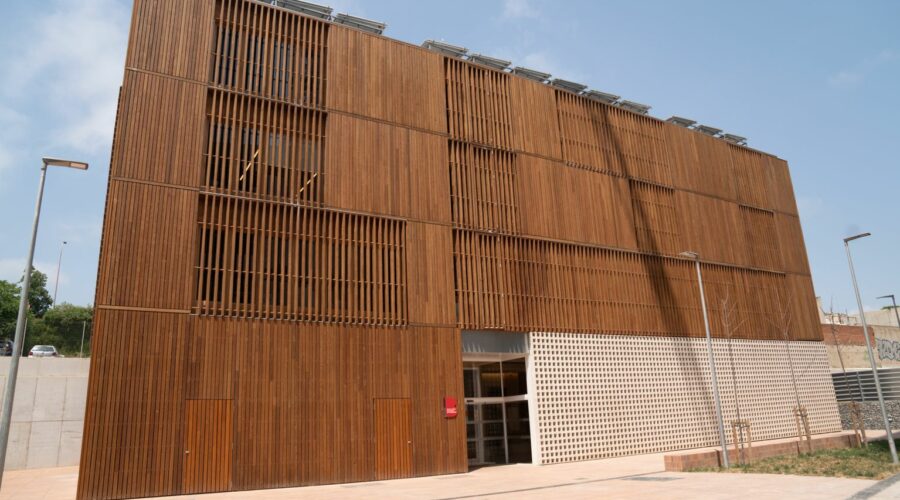
The Government of Catalonia is taking concrete steps towards more sustainable waste management, recognizing the significant impact that the textile industry has on the environment. From the excessive consumption of natural resources to the massive generation of waste, the textile sector poses significant challenges in terms of sustainability.
In Catalonia, each person generates more than 20 kilos of textile waste per year, but unfortunately, only 10% of this is collected selectively. Faced with this worrying reality, the proposal to force large clothing stores to offer second-hand products is a step in the right direction.
The Mercantic, second-hand market and its 30-year history
This initiative, included in the new waste law of Catalonia, aims to tackle head-on the growing problem of textile waste and promote reuse as a priority option in its management. By reserving a dedicated space for the sale of second-hand clothing, it promotes the circular economy and provides an opportunity to reduce the environmental impact associated with fast and disposable fashion.
It is a step towards a more sustainable and conscious future, where fashion is aligned with the principles of environmental care and social responsibility.
A space for second-hand products
A measure with human and environmental impact! It’s not just about reducing the overwhelming amount of textile waste that ends up in landfills, but about promoting a real change in our fashion consumption habits.
By integrating the supply of used clothing into our daily routines, we are sending a powerful message about the importance of reuse and normalizing this practice as an essential part of a sustainable lifestyle. The idea is to unite fashion with environmental awareness, showing that each garment has a story and a useful life beyond its first owner.
It is essential to emphasize that this initiative is aligned with the waste reduction objectives established by the European Union. With the challenging target of reducing waste by 8% by 2025 and 15% by 2030, every step counts.
The 6 most interesting second-hand bookstores in Barcelona
By introducing the sale of second-hand clothing in department stores, we are taking a big step towards achieving these ambitious goals. We are building together a future where the circular economy is the norm, where every garment has a second chance and where caring for the environment is a shared priority.
The new waste law of Catalonia
A law that points towards a more sustainable and healthy future for all! In addition to the highlighted measure on second-hand clothing, Catalonia’s new waste law addresses a number of vital issues that impact both the environment and people’s health.
From the promotion of selective collection to the implementation of a deposit and return system for packaging, to the proper management of hazardous waste such as cigarette butts, these measures reflect a firm commitment to protecting the environment and the well-being of the community.
The end of an era: closure of Windsor clothing store in Barcelona
The ban on the sale of menstrual products and single-use diapers containing toxic substances seeks not only to safeguard the health of consumers, but also to reduce environmental pollution. It is a bold step towards a society where the products we use every day pose no threat to our planet or our health.
In terms of implementation, companies in the sector are expected to comply with established regulations and assume extended responsibility for the management of their products, including the cost of collecting, transporting and treating the waste generated. Those that do not comply with these regulations could face sanctions, but the success of these measures will depend largely on political will and the support of the Parliament. It is a joint effort towards a cleaner, safer and more sustainable future for all.



